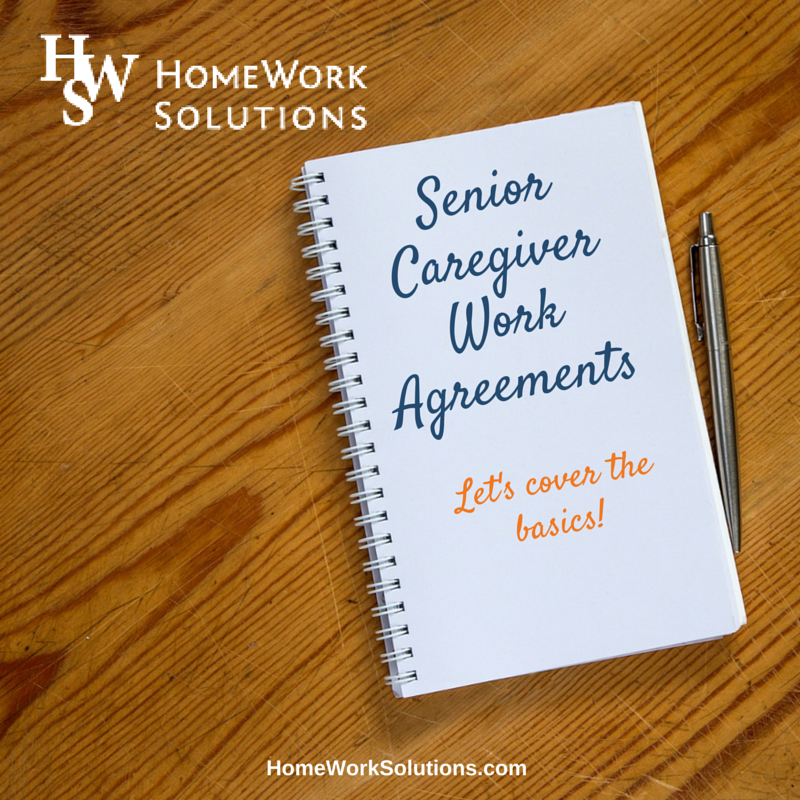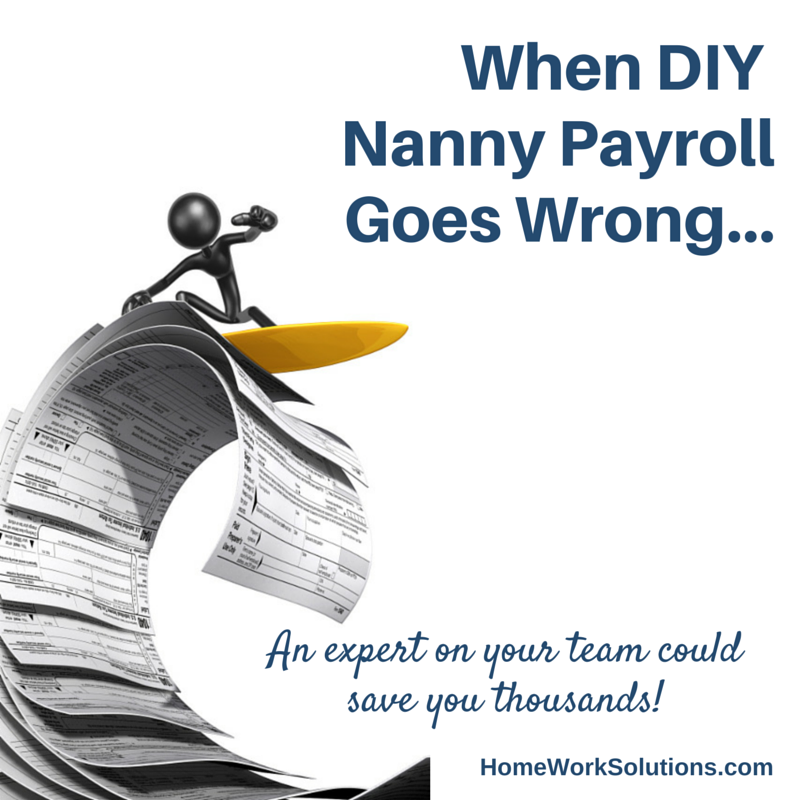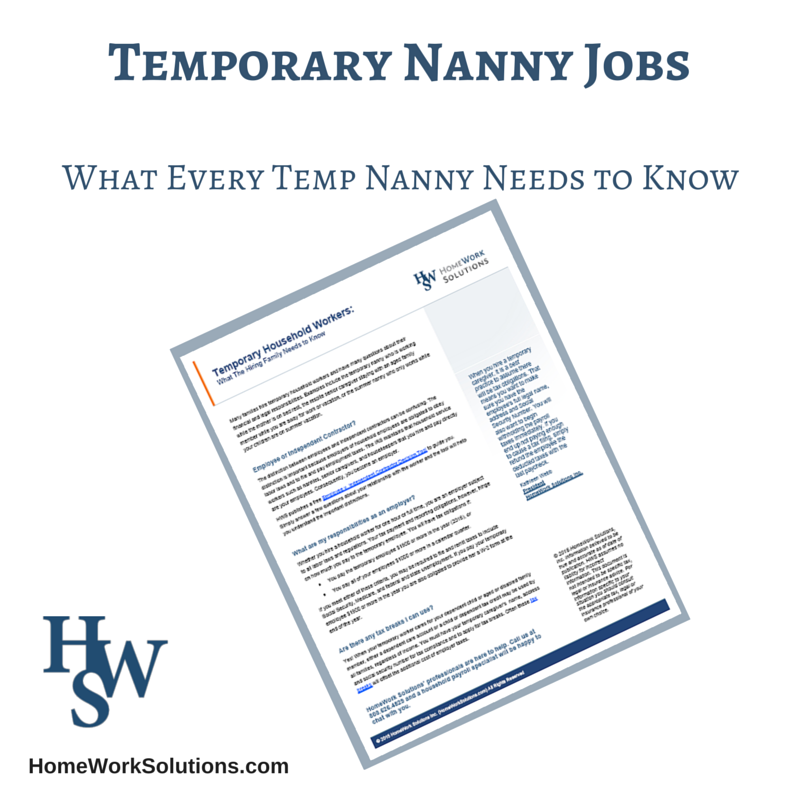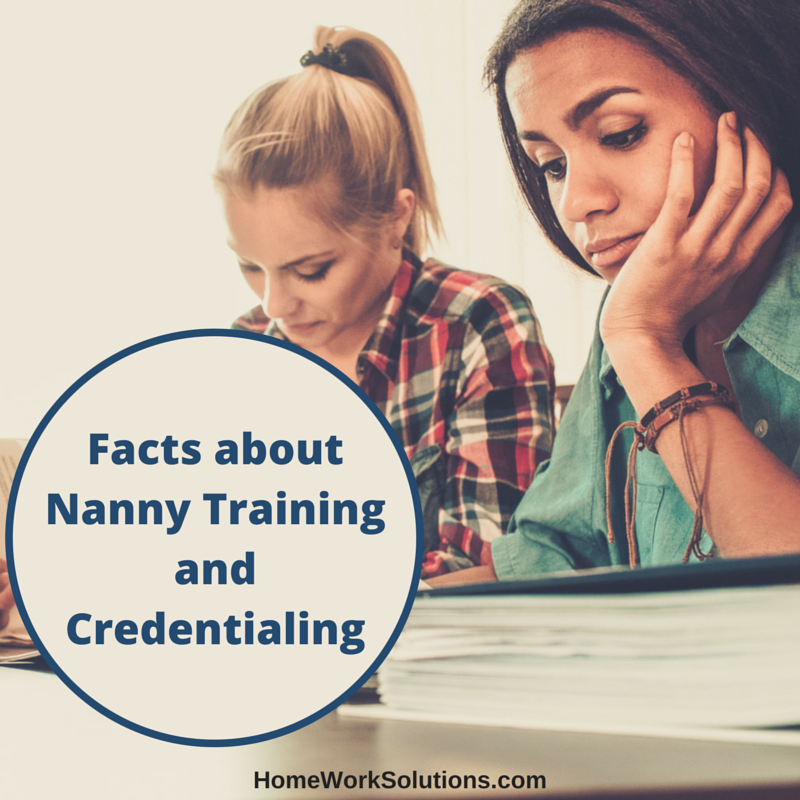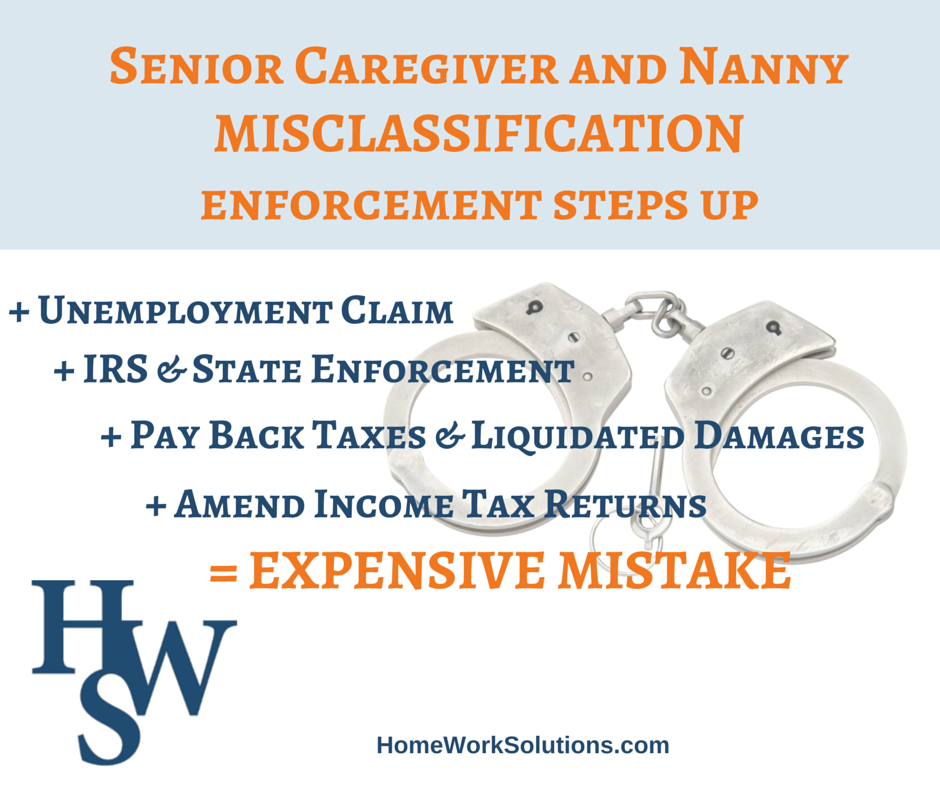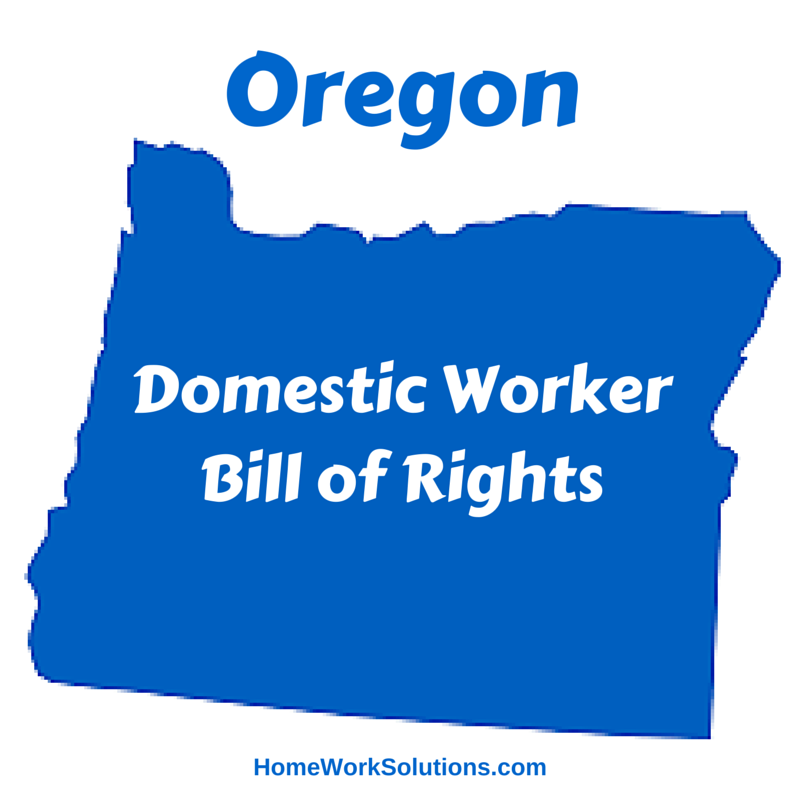If you’re an in-home senior care provider that is looking to work with a new senior, it is important that you establish the ground rules right away. The best way to do that is to create a clear and detailed senior caregiver work agreement that will serve as a guideline for both you and the family. It will outline what is expected and will help both parties avoid confusion in the future, should any unexpected situations or misunderstandings occur. So, how do you create a senior caregiver work agreement? We’ve outlined some of the basic must-haves below.

